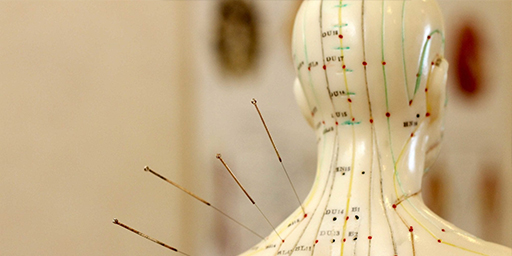. . . have difficulty in their relationships
Our Services
The MindTherapy Clinic aims to provide adult and child psychotherapy for as wide a constituency as possible. Referrals come through GPs, health centres, counselling organisations, colleagues and former patients, as well as individuals who seek consultation.

Psychotherapy
Through psychotherapy, psychologists help people of all ages live happier, healthier and more productive lives. In psychotherapy, psychologists apply scientifically validated procedures to help people develop healthier, more effective habits. There are several approaches to psychotherapy — including cognitive-behavioral, interpersonal and other kinds of talk therapy — that help individuals work through their problems.

Hypnotherapy
Hypnotherapy is a form of psychotherapy that uses relaxation, extreme concentration, and intense attention to achieve a heightened state of consciousness or mindfulness. This form of therapy is considered alternative medicine with the purpose of utilizing one’s mind to help reduce or alleviate a variety of issues, such as psychological distress, phobias, and unhealthy, destructive, or dangerous habits (such as substance abuse, smoking and/or drinking).

Counselling
Help individuals overcome many of their present & future problems. In recent times, rapid social change caused by industrialization and urbanization has led to varied and perplexing problems. Counselling increases self-awareness and a sense of well-being, and is often the first step individuals take on their path to discovering a more positive life. Counselling is suitable and recommended for anyone suffering from depression, anxiety, mental health problems, addictions, eating disorders, bereavement, anger management and many other reasons.

Psychometric Assessment
Psychometric tests are a standard and scientific method used to measure individuals' mental capabilities and behavioural style. They identify the extent to which candidates' personality and cognitive abilities match those required to perform a particular job function. Employers use the information collected from the psychometric test to identify the hidden aspects of candidates that are difficult to extract from a face-to-face interview.

Acupuncture
Studies around the globe have suggested that treating mental health disorders with acupuncture has a positive and holistic effect on depression, anxiety disorders, schizophrenia, and insomnia; particularly when used in combination with psychotherapy and other therapeutic modalities.












